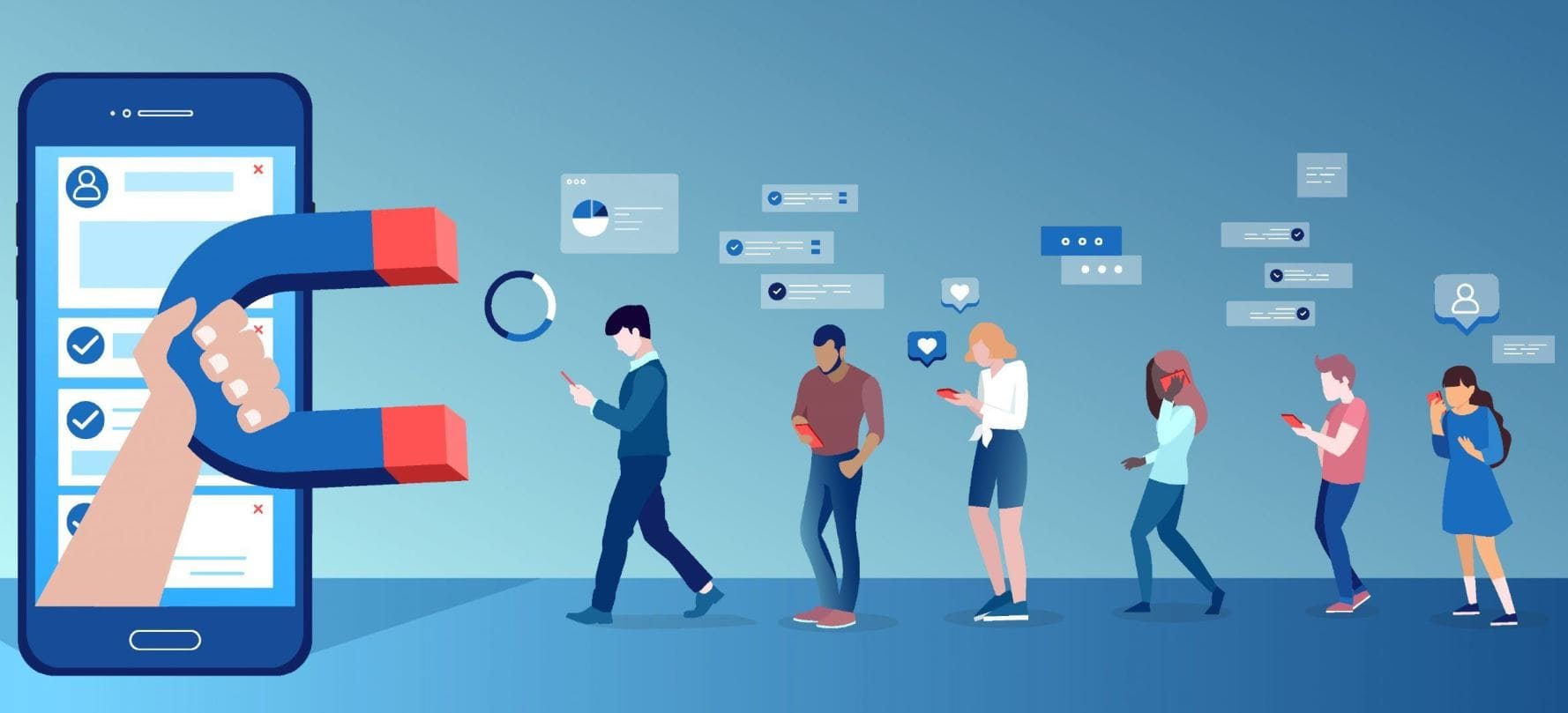The Impact of Social Media on Modern Communication

In today’s fast-paced digital age, social media has revolutionized the way we communicate, interact, and share information. Platforms like Facebook, Twitter, Instagram, and TikTok have become integral to our daily lives, shaping personal relationships, business strategies, and even political discourse. This article explores the multifaceted impact of social media on modern communication, highlighting both its advantages and challenges.
Instant Connectivity
One of the most significant advantages of social media is the ability to connect instantly with others, regardless of geographical boundaries. Friends and family members separated by distance can maintain relationships through video calls, instant messaging, and shared content. This immediacy fosters a sense of belonging and community, making it easier for individuals to stay in touch and share their lives.
Moreover, social media has transformed how businesses communicate with their customers. Companies can engage with their audiences in real-time, respond to inquiries, and address concerns much more swiftly than traditional methods. This direct line of communication enhances customer satisfaction and builds brand loyalty.
Diverse Platforms for Expression
Social media provides various platforms for self-expression and creativity. Users can share their thoughts, photos, videos, and art, reaching an audience that may have been impossible to connect with offline. This democratization of content creation empowers individuals to voice their opinions and share their experiences, contributing to a rich tapestry of diverse narratives.
Additionally, social media serves as a space for marginalized voices. Movements such as #BlackLivesMatter and #MeToo gained momentum through platforms like Twitter and Instagram, highlighting social injustices and fostering global conversations. These movements illustrate how social media can serve as a catalyst for change, amplifying voices that have traditionally been silenced.
The Role of Influencers
In the realm of marketing, social media influencers have emerged as powerful communicators. Brands now collaborate with influencers to reach specific demographics, leveraging their established trust and rapport with followers. This shift in advertising has led to a more personalized marketing approach, where consumers are more likely to engage with products recommended by people they admire.
However, the rise of influencers also raises questions about authenticity and transparency. The line between genuine recommendation and paid promotion can often become blurred, leading to skepticism among consumers. As a result, the importance of maintaining trust in social media communications cannot be overstated.
Challenges of Misinformation
While social media has many benefits, it also presents significant challenges, particularly concerning the spread of misinformation. In an era where news travels quickly, false information can spread just as rapidly, leading to confusion and fear. The COVID-19 pandemic exemplified this issue, as misinformation about the virus proliferated across various platforms, complicating public health efforts.
To combat this challenge, social media companies are implementing measures to curb the spread of false information. Fact-checking initiatives, content moderation, and user education are becoming more commonplace, but the effectiveness of these strategies remains a topic of ongoing debate. Users must also take responsibility for verifying information before sharing it, fostering a culture of critical thinking and discernment.
Mental Health Implications
Another critical aspect of social media’s impact on communication is its effect on mental health. While it can provide support and community, excessive use can lead to feelings of inadequacy, anxiety, and depression. The constant comparison to curated images and lifestyles can create unrealistic expectations, particularly among younger users.
Social media platforms are increasingly aware of these concerns and are implementing features aimed at promoting healthier usage habits. Initiatives like screen time reminders and the ability to hide like counts are steps toward encouraging users to engage mindfully and reduce the pressure often associated with online presence.
Communication
Social media is a double-edged sword that has fundamentally altered the landscape of communication. Its ability to connect people, amplify voices, and facilitate real-time interactions is unparalleled. However, the challenges it presents—such as misinformation, mental health concerns, and the potential for superficial connections—cannot be overlooked. As we navigate this digital landscape, it is essential to embrace the positives while remaining vigilant about the pitfalls, fostering a healthier, more constructive environment for communication in the social media age.